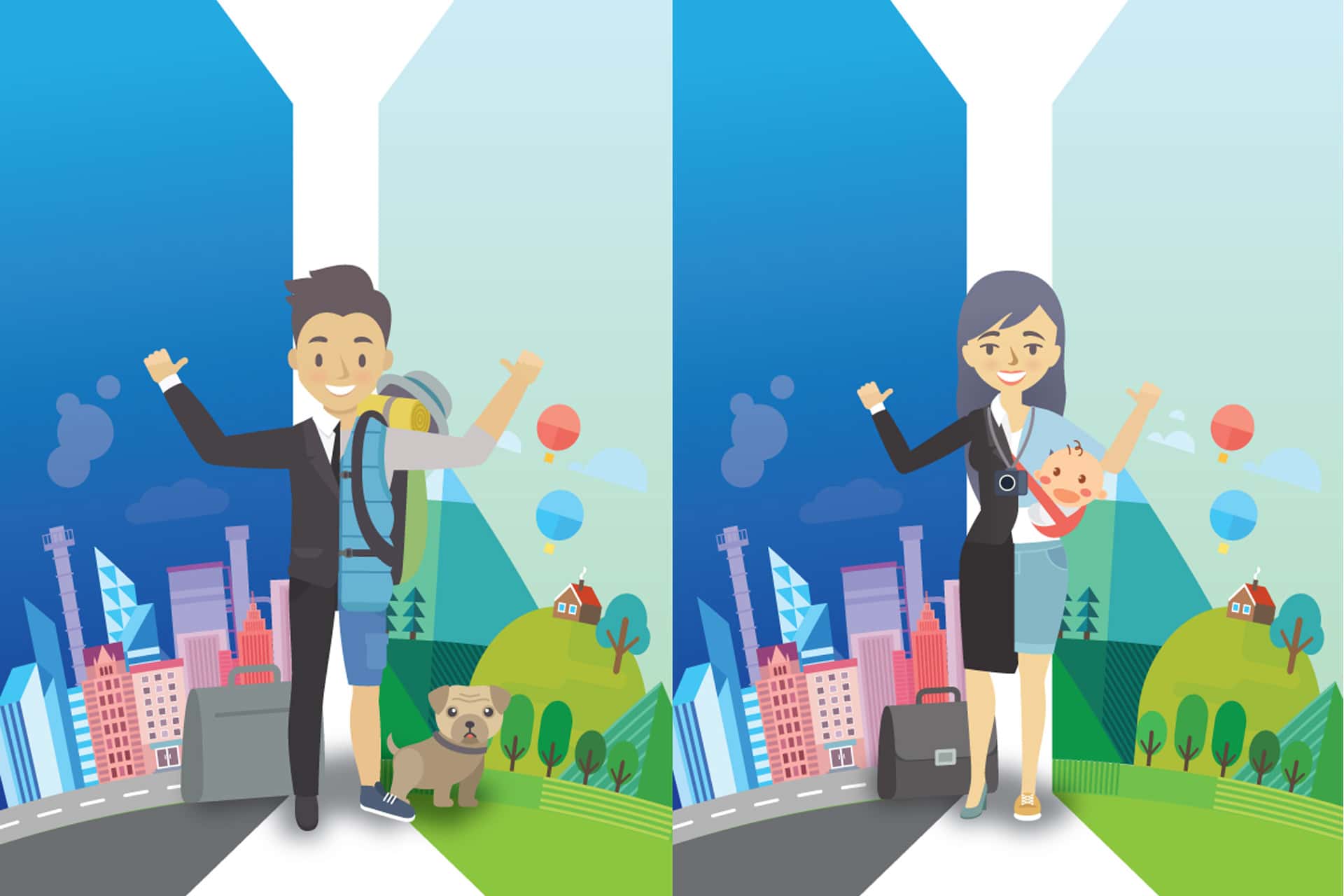The Future of Work remains, as always, a hot topic. Organisations are starting to understand how technology and digitisation enables people to work smarter, faster and see change as the new norm. As experts in Change and Transformation, we see many organisations simply not considering or preparing for The Future of Work; avoiding or ignoring the changes is not a viable strategy; organisations must be willing to adapt to this changing landscape.
The Future of Work contains several key elements affecting our traditional workplaces – in this article we discuss three of these. The first being the question and discussion around the impact of Artificial Intelligence (AI), the automation of our jobs and whether there will genuine and valuable work for humans to do. The second is what human skills and capabilities will be required such as emotional intelligence and creativity. Thirdly, changing models of work and work environments with the rise of freelancing, the gig economy and the increasing demand for flexible working patterns for employees.
Why offering flexibility is so important?
A recent study by Harvard Business Review in the US, found that a 76% of employees who have choice in when, where and how to work haver higher levels of satisfaction, innovation and job performance. According to the Australian Bureau of Statistics, in 2016 1 in 3 employees now regularly work from home, a number that is steadily increasing.
What can you expect when your company is adopting a new flexible workplace practice?
By nature, people are resistant to change. We feel vulnerable if our sense of certainty and known pathways are challenged. In 2015, Change2020 adopted total flexible work patterns – meaning we recognised that individual members of our team work best in different environments, some are night-owls and love to work into the evening and have chunks of their day free for personal activities, other prefer a co-working space, while others are most at home with a reliably good piccolo in a café. Since then we have benefited from a new style of collaboration stimulating new ideas, innovation and more creative approaches to problem-solving.
Benefits to employees;
- Improved work-life balance – Offering flexible working arrangements to employees can boost morale and improve physical and mental wellbeing
- Greater job satisfaction – The freedom to manage time and feel trusted to deliver work regardless of the hour or location builds confidence and makes the role more rewarding and satisfying.
Benefits to organisations;
- Increased productivity – beside the obvious timesaving of not needing to commute; the absence of office distractions (chatter, extended meetings, ‘join me for a coffee’, or people asking you if you have ‘a spare minute’) means that employees can often deliver more productively from a remote work location.
- Ability to attract and retain quality talent – The demand for flexible work is on the rise. It is estimated 40% of office professionals would turn down a job opportunity if the company did not offer a flexible working environment. companies who don’t offer flexible working patterns may be missing out on great talent.
- Cost savings – A flexible workforce can be more cost effective with hot-desking becoming common place and communal seating for employees who work less than the standard 40-hour week.
Providing flexible working patterns is only one key aspect of preparing for the Future of Work but is an inexpensive and relatively straight-forward change which you can put in place almost immediately. The Future of Work is already within reach. To find out more about our approach and how we can help you to prepare for The Future of Work, get in touch with us here.




